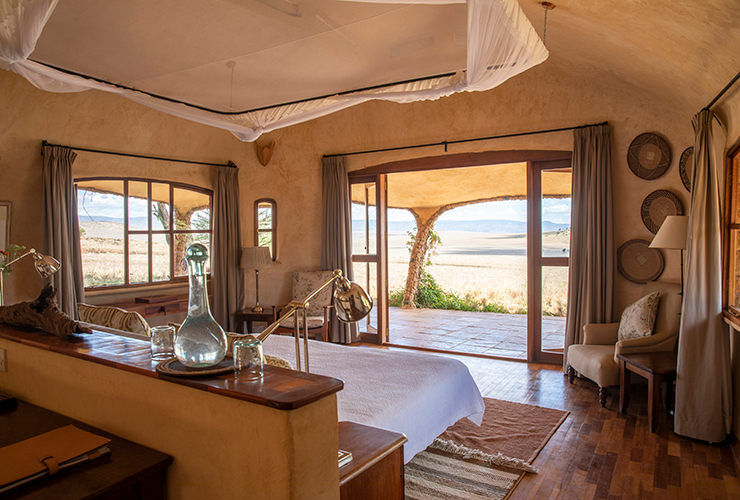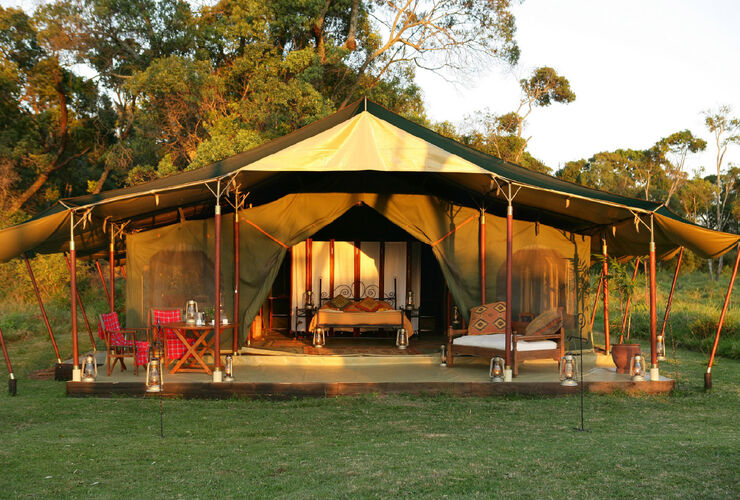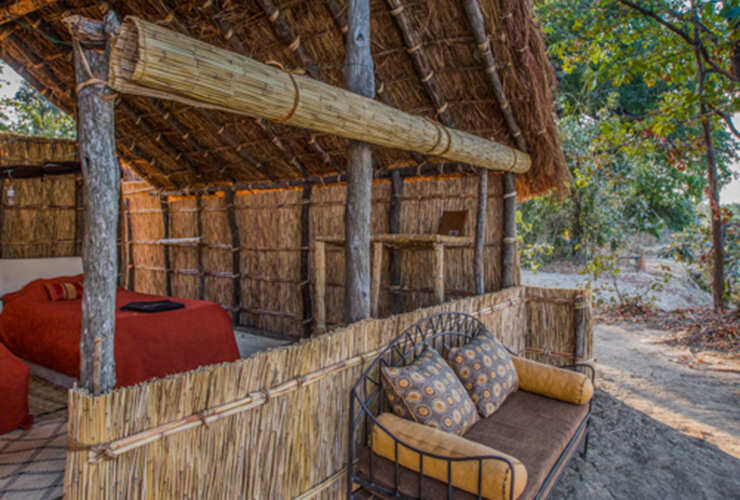


Africa is a wonderful continent and has so much to offer but it can be daunting knowing where to start. This is where we come in. Whether you are a seasoned safari goer, planning your first safari or honeymoon, or seeking adventure before a little beach relaxation, we will create a unique, individual itinerary suited to both you and your budget.
Some clients will have done lots of research or been to Africa before and know exactly what they want to do and where. Here, we can advise if it’s feasible or offer other ideas. If you’re starting from scratch or only have a basic idea of what you want to do, then we have a chat and find out what you’re looking for from your holiday. Such as, when you want to travel, how many of you are travelling, what your interests are and what you think you might like to see and we’ll put together some ideas for you.
We recommend that you don’t try to fit too much in and in most places, you should try and stay at least three nights and get to know the area. Flying/travelling between most destinations takes quite a bit of time and you don’t want to be constantly packing and unpacking. There are certain places and trips where you will have a private guide, such as in northern Tanzania, where a night or two might be plenty, but generally, we recommend 3 nights in any one location.
Multiple countries are great if you want to see certain things in each destination and we can advise you as to the best way to do this to maximise your enjoyment and minimise travel. Many beach and bush trips will require an internal or international flight, as most southern/central African countries are landlocked. Again, we can advise you as to the best destinations based on your wish list. Just don’t try and do too much there can always be the next time!
There are pros and cons to the different seasons in Africa and the seasons are different between the north and the south. If you’re only able to travel at a certain time of year but want optimum game viewing, then we find the right destination for you. Generally, the high season in Africa (other than the Cape in South Africa) is from June to October (and December). These will be high season prices and usually the dry season. When it’s dry, the animals have to come to find water and so it’s easy to find them along rivers and at waterholes also, the grass is lower at this time of year, so the game is easier to see.
The low and shoulder seasons however are still a great time to travel as it’s quieter. If you hit the first rains, the flowers and new green shoots all come out and the plains game give birth. Some months in the low season have no rain and you can have excellent game viewing and see the next generation of animals start their lives.

Lodges are permanent structures with a communal bar, sitting and dining area, usually made from stone and wood, and often with thatched roofs. Most of the bedrooms will be en-suite with running hot and cold water. Some will have swimming pools, spas and even gyms.

Tented safari camps are often seasonal, but some are permanent. They will have a bar and mess area for dining, but you will usually sit out around the fire in the evenings for drinks. The tented rooms are huge tents with ensuite bathrooms, and most have running water but there are still a few camps with traditional bucket showers. Some also have swimming pools.

Mobile tented camps are where tents are set up for you in remote areas as part of a mobile tented safari. The tents vary from simple dome tents with bedrolls to luxury walk-in tents with beds and wardrobes. There won’t be running water, so long or short drop loos and bucket showers are the norm here with either shared or ensuite facilities. Meals will be served outside around the fire, under the stars.

Bushcamps are usually in more remote areas and are taken down at the end of each season. They’re usually simple structures made of natural materials from the local area, such as timber and thatch. They usually have ensuite bathrooms with bucket showers and long drop loos. At night, you sit out around the fire and eat under the stars.

Private Houses are great for honeymoons or family gatherings. They are usually beautifully constructed houses with ensuite bedrooms, dining and sitting areas and most have private pools, gardens and game viewing decks. The houses are fully staffed and usually have private vehicles and guides.
How long is a piece of string! Safaris aren’t cheap but on average we can arrange a good 2-week holiday for about £4,500 per person though this will include some beach time which is usually the cheaper part of the holiday. To try and keep the price down we can vary the types of accommodation and we will always try to find special deals to help with your budget. Low and shoulder seasons usually have better deals and lower prices. We will always try and keep as close to your budget as possible and be clear about costs and feasibility upfront.
We can book these for you, or you can book your own flights especially if you have points or companion fares. All we ask is please let us know before you book, so we can make sure it’s a good fit with your itinerary.
We will get the flights confirmed, these must be paid in full at the time of booking. You will then send us your completed booking form and a 30% deposit. We will then confirm everything with Africa and send you confirmation, which includes your agreed itinerary, invoice, and pre-trip information to help prepare you for your holiday. You will have to source the relevant insurance, injections and malaria tablets (if needed) and visas before you travel.
60 days before you travel you will pay your final invoice and we will send you a receipt.
A few weeks before your holiday, we will send you a travel wallet with your final documents which will include a detailed itinerary with information detailing who will meet and where and when, your internal flight tickets, vouchers to show you what has been booked and paid for by us. We will also include our fabulous Farside water bottles!
Tipping is totally at your discretion and usually in US$ on safari (except in South Africa or Namibia where you can use ZAR rands) but we usually recommend around $10-15 per person per day in the lodges, which you place in the tip box or give to the manager at the end of your stay. It is important to tip centrally like this as your tip is then shared out fairly among all the staff.
We recommend tipping your guide approximately US$15-20 per couple per day and this can be given directly to your guide at the end of your holiday.
If you are a family or group, you can tip a bit less. You should always tip in cash, so make sure you carry enough small denomination US$. You may have to order small denominations in advance from your bank or exchange bureau. Staff in city hotels still do expect small tips for carrying bags etc. At the beach, tipping is not as common, but most lodges will have central tip boxes if you wish to contribute.
At most hotels and major lodges, you can use credit cards, but there will usually be surcharges. We recommend carrying a reasonable amount of dollars to cover tips and extras such as drinks.
Prior to departure, we will give you the contact and emergency numbers for our ground operators who will be on hand to resolve any issues should they arise. We will also give you our contact details in the UK. We all work together as a team to ensure your holiday is the absolute best it can be, so please let the lodges know at the time if anything isn’t to your liking and they will do all they can to resolve the matter. No matter how small the issue may be, please raise it straight away so we can make it right and you can relax and enjoy your trip.
Let’s plan your trip together
Please contact Vicky at vicky@farsideafrica.com or call +44 (0)131 315 2464
Farside Travel Limited t/a Farside Africa 16 Dean Park Mews, Edinburgh EH4 1ED United Kingdom
Telephone - +44 (0)131 315 2464 Email - vicky@farsideafrica.com
Company registration number - SC246328
© Farside Africa 2025
